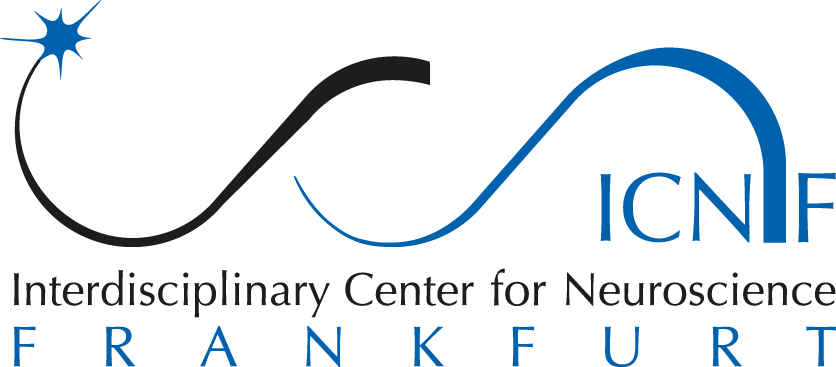Scientific Focus
My scientific focus mostly covers three subfields of chronobiology, first the timing of neuronal signal transduction processes, second the phenotypes of “clock gene”, namely period-gene knockout mice and the role of the pineal gland and melatonin in physiological processes and selected clinical phenotypes like the “autism spectrum”.
Methods
Neuronal cell culture, reporter gene assays, Western Blot, immunocytochemistry, immunoprecipitation, ELISA, genomics (data analysis only), proteomics (data analysis only), histology including micro-CT, mouse behavioral tests including ultrasonic vocalization recording and analysis
Selected Publications
Langiu M, Bechstein P, Neumann S, Spohn G, Maronde E. Regulation of CRE-Dependent Transcriptional Activity in a Mouse Suprachiasmatic Nucleus Cell Line. Int J Mol Sci. 2022 Oct 13;23(20):12226. doi: 10.3390/ijms232012226. PMID: 36293078; PMCID: PMC9602552.
Dumas G, Goubran-Botros H, Matondo M, Pagan C, Boulègue C, Chaze T, Chamot-Rooke J, Maronde E, Bourgeron T. Mass-spectrometry analysis of the human pineal proteome during night and day and in autism. J Pineal Res. 2021 Apr;70(3):e12713. doi: 10.1111/jpi.12713. Epub 2021 Jan 11. PMID: 33368564; PMCID: PMC8047921.
Maronde E. Influence of Phosphodiesterase Inhibition on CRE- and EGR1-Dependent Transcription in a Mouse Hippocampal Cell Line. Int J Mol Sci. 2020 Nov 17;21(22):8658. doi: 10.3390/ijms21228658. PMID: 33212816; PMCID: PMC7696530.
Stenzinger M, Karpova D, Unterrainer C, Harenkamp S, Wiercinska E, Hoerster K, Pfeffer M, Maronde E, Bonig H. Hematopoietic-Extrinsic Cues Dictate Circadian Redistribution of Mature and Immature Hematopoietic Cells in Blood and Spleen. Cells. 2019 Sep 5;8(9):1033. doi: 10.3390/cells8091033. PMID: 31491915; PMCID: PMC6769956.
Maronde E. Trehalose Activates CRE-Dependent Transcriptional Signaling in HT22 Mouse Hippocampal Neuronal Cells: A Central Role for PKA Without cAMP Elevation. Front Mol Neurosci. 2018 Oct 22;11:386. doi: 10.3389/fnmol.2018.00386. PMID: 30405349; PMCID: PMC6204353.

